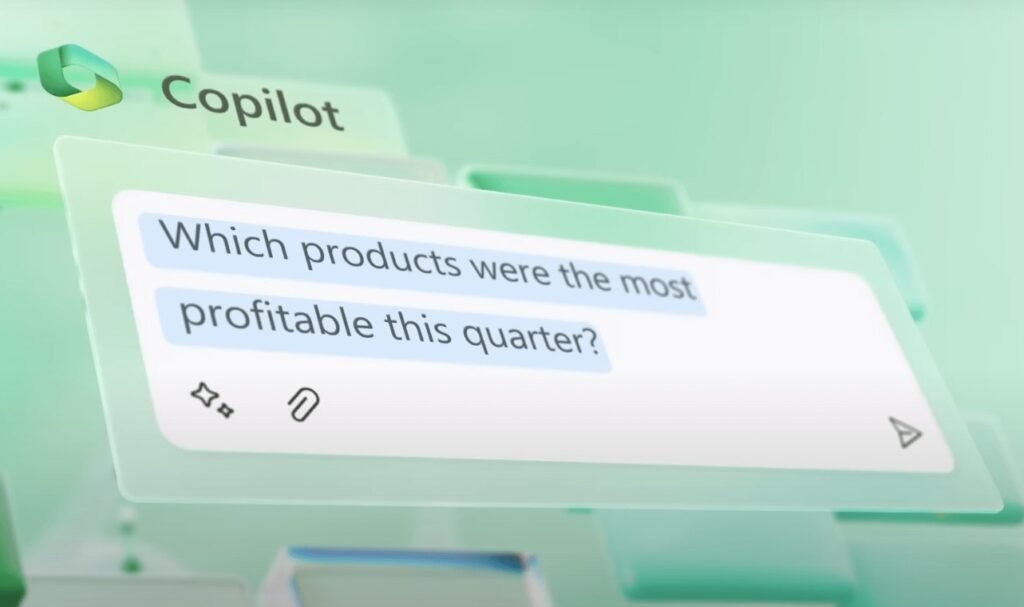Microsoft’s new AI product, Copilot, has been criticized by some researchers and activists for its possible role in spreading misinformation and bias, especially during the upcoming elections. Copilot is a platform that combines large language models with enterprise data to provide answers and content for users. However, some experts have raised concerns about the quality, accuracy, and ethics of Copilot’s outputs.
Copilot is a product of Microsoft’s ChatGPT platform, which uses generative AI to create natural language conversations and content. Copilot is designed to help users find better answers to their questions and potentially create content from those answers. Copilot has two versions: Microsoft 365 Copilot and Microsoft Copilot. The former is tailored for enterprise users and relies on the data generated by the Microsoft Graph and Microsoft 365 applications. The latter is more general and uses aggregate data from the internet.
Copilot works by taking a user’s query or prompt and generating a response based on its trained language model and the available data sources. Copilot can also suggest relevant links, images, and other resources to enhance the user’s experience. Copilot can be integrated into various Microsoft applications, such as Windows, Bing, Outlook, Word, PowerPoint, and Teams.

What are the benefits and challenges of Copilot?
Copilot is intended to be a useful and convenient tool for users who need quick and easy access to information and content. Copilot can help users save time, boost productivity, and unlock creativity. Copilot can also leverage the power of AI to provide personalized and contextualized answers and suggestions.
However, Copilot also faces some challenges and limitations that may affect its reliability and trustworthiness. Some of these challenges include:
- The quality and accuracy of Copilot’s outputs may vary depending on the data sources, the language model, and the user’s query or prompt. Copilot may not always provide the most relevant, accurate, or up-to-date information or content. Copilot may also generate outputs that are incomplete, inconsistent, or contradictory.
- The ethics and responsibility of Copilot’s outputs may be questionable, especially when it comes to sensitive or controversial topics, such as politics, health, or social issues. Copilot may not be able to account for the context, nuance, or implications of its outputs. Copilot may also generate outputs that are biased, misleading, or harmful to the user or others.
- The transparency and accountability of Copilot’s outputs may be unclear, especially when it comes to the sources, methods, and intentions of its outputs. Copilot may not always disclose or acknowledge the data sources, the language model, or the algorithms behind its outputs. Copilot may also generate outputs that are influenced by the interests, agendas, or preferences of Microsoft or its partners.
What are the implications of Copilot for the upcoming elections?
One of the areas where Copilot’s benefits and challenges may be most evident is the upcoming elections. Copilot may be used by voters, candidates, journalists, and others to access information and content related to the elections. Copilot may also be used to create information and content related to the elections.
On the one hand, Copilot may be a helpful and convenient tool for users who want to learn more about the elections, the candidates, the issues, and the opinions. Copilot may also be a creative and innovative tool for users who want to produce content about the elections, such as articles, reports, presentations, or social media posts.
On the other hand, Copilot may also be a problematic and risky tool for users who may encounter misinformation and bias related to the elections. Copilot may also be a manipulative and deceptive tool for users who may produce misinformation and bias related to the elections. Copilot may influence the users’ perceptions, decisions, and actions regarding the elections, either intentionally or unintentionally.
How can users protect themselves from Copilot’s misinformation and bias?
Given the potential benefits and challenges of Copilot, users may need to be more cautious and critical when using or encountering Copilot’s outputs. Users may need to take some steps to protect themselves from Copilot’s misinformation and bias, such as:
- Verify the sources, accuracy, and timeliness of Copilot’s outputs. Users may need to check the credibility, reliability, and validity of the data sources, the language model, and the algorithms behind Copilot’s outputs. Users may also need to compare and contrast Copilot’s outputs with other sources of information and content.
- Evaluate the ethics, responsibility, and implications of Copilot’s outputs. Users may need to consider the context, nuance, and consequences of Copilot’s outputs. Users may also need to assess the potential bias, harm, or influence of Copilot’s outputs on themselves or others.
- Demand the transparency and accountability of Copilot’s outputs. Users may need to request or require the disclosure or acknowledgment of the data sources, the language model, and the algorithms behind Copilot’s outputs. Users may also need to challenge or report the outputs that are questionable, problematic, or unacceptable.
Copilot is a new and powerful AI product that may have a significant impact on the users and the society, especially during the upcoming elections. Copilot may offer some benefits and opportunities, but it may also pose some challenges and risks. Users may need to be more aware and vigilant when using or encountering Copilot’s outputs, and exercise their judgment and responsibility accordingly.
